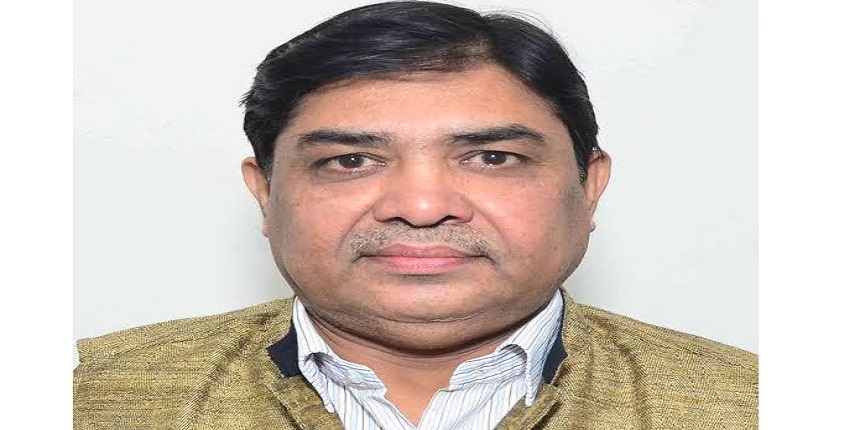Interview: IIT Roorkee has been making cities earthquake resistant since 1960
Abhay Anand | July 1, 2020 | 10:49 AM IST | 3 mins read

NEW DELHI: The National Capital Region has witnessed around a dozen earthquakes in the past two months with the latest series in early June causing panic among the millions living in this region. Delhi’s resident worried about what needs to be done to keep themselves safe. M L Sharma, professor at the department of earthquake engineering at the Indian Institute of Technology Roorkee spoke to Careers360 about safety measures, IIT Roorkee’s programme in earthquake engineering and the phenomenon itself. Edited excerpts follow.
Q. The Delhi-NCR region has witnessed over 10 low to mild intensity earthquakes in the past two months. Why the sudden increase in frequency?
A. The earthquake occurrence process is a dynamic system where the energy is accumulated due to plate motions and is released in the form of earthquakes. There are many seismogenic features around Delhi like Delhi-Haridwar ridge also called Delhi-Mahindergarh ridge, Sohna fault, Mathura fault, Great Boundary Rajasthan fault and other geological features. The accumulation of stresses and their release is a very complex phenomenon and an increase or decrease in seismicity levels may not lead to interpretations.
Q. Some of the scientists have predicted that Delhi-NCR might soon be hit by a major earthquake. Do you agree with that?
A. The system is capable of generating a moderate earthquake. That is the reason why Delhi is also kept in Seismic Zone IV. Many research papers have already estimated the seismic hazard and the probabilities of occurrence of moderate earthquakes are always considered while going for any construction or design work that considers earthquake forces at the design level.
Q. What preventive measures or awareness need to be taken to inform people of the region?
A. The public should be made aware of the recommendations of BIS (Bureau of Indian Standards) which says it is in Seismic Zone IV which is the second-highest seismic zone in India.
Further, the solutions or features in the form of earthquake-resistant designs of new constructions and retrofitting of old construction must be made known to all, and training of all stakeholders must be carried out by the government. The disaster mitigation and management plans must be prepared and made public and accordingly, mock exercises may be carried out at appropriate intervals.
Q. Is there a way to predict an earthquake? Is there a possibility to have an earthquake warning system?
A. No. The earthquake warning can only be issued after the occurrence of an earthquake. This warning is issued based on the recordings at the epicentre and making use of the very high difference in the speed of electronic waves and seismic waves, the warning is issued to farther areas about the impinging seismic waves. The lead time in the warning system is one of the important parameters and can save many lives.
Q. IIT Roorkee has been running a program in earthquake engineering. What is the speciality of this program?
A. The Department of Earthquake Engineering, established in 1960, is training manpower and creating human resources in earthquake engineering. Presently, the civil engineers are trained in a regular Masters's degree program in three specializations namely, structural dynamics, soil dynamics, and seismic vulnerability and risk assessment.
In addition to this, most of the faculty members are actively participating in BIS for codal provisions with regards to earthquakes engineering, participating in national and international forums, consulting almost all the mega engineering projects in India and some abroad, seismological data acquisition in field and training the trainers who in turn provide training related to earthquake engineering.
Q. The IITs have been withdrawing from sectors that don't have a market or don't offer employability. What has been your experience?
A. We have always been strategically positioning the students with respect to the best of the profiles keeping in mind the perspective and preferences of students. Therefore, there is nothing like withdrawing from anywhere. This time also we will strategically match the profile, preferences and capabilities of students with that of the companies.
Also read:
- Research division on Indian knowledge will crowdsource content, budget
- NIRF Ranking 2020: IIT Madras best institute, IISc, JNU, BHU follow
Write to us at news@careers360.com.
Follow us for the latest education news on colleges and universities, admission, courses, exams, research, education policies, study abroad and more..
To get in touch, write to us at news@careers360.com.